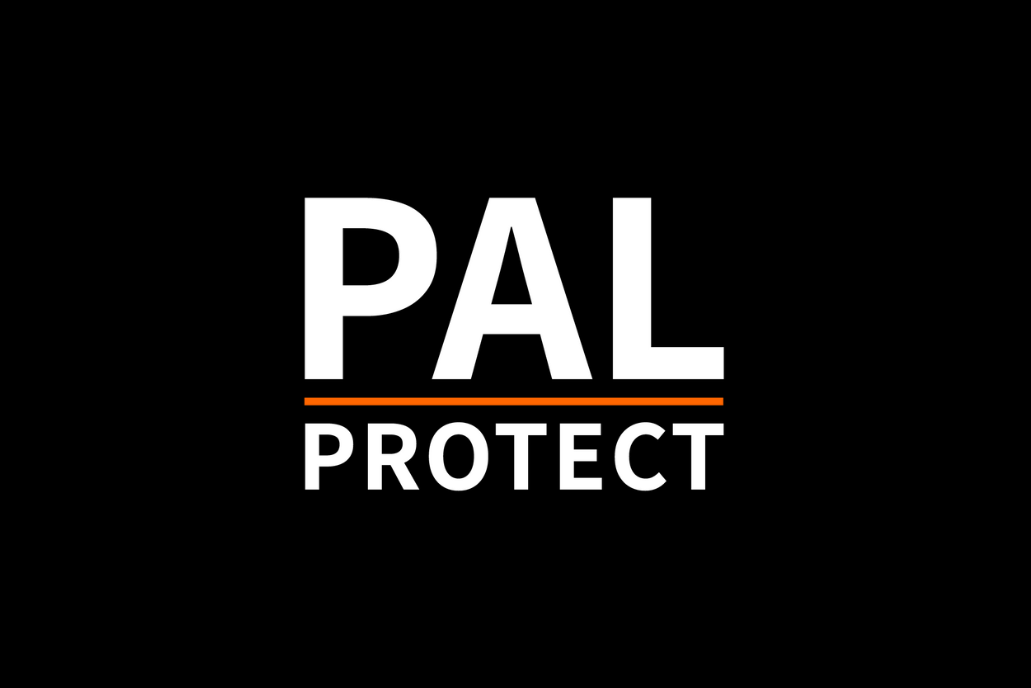Britain is leading a £700 million mission to protect Earth from the threat of devastating solar storms, and to stop hostile powers like Russia and China from exploiting space weather to disable Western defences.
The project, known as Vigil, is the first of its kind: a European Space Agency (ESA) mission led by the UK Space Agency, designed to provide constant monitoring of the Sun from deep space. It aims to give early warnings of extreme solar activity that could knock out satellites, jam GPS and radar systems, and cripple global infrastructure.
The satellite will be positioned at a unique vantage point in space known as Lagrange Point 5 (L5), allowing scientists to “see around the corner” of the Sun and detect dangerous solar flares before they hit Earth.
The stakes are high. A recent estimate by Lloyds of London warned that a major solar event could trigger global chaos, freezing financial networks, grounding aircraft, and cutting off communications, with potential economic damage reaching £1.7 trillion over five years. The UK government has said the loss of Britain’s own space-based assets alone could cost £1 billion per day.
Turning Solar Storms into Strategic Weapons
What makes the Vigil mission especially urgent is growing concern within defence circles that nations like Russia and China could exploit solar storms for military advantage. If adversaries are able to predict when solar flares will disrupt radar or satellite systems, they could time missile strikes, invasions, or cyberattacks to coincide with periods of Western vulnerability.
A senior space industry source told The i Paper that no state is currently believed to have that capability, but efforts to develop it are intensifying. It is even believed that a solar flare may have contributed to the sinking of a Russian warship in 2022, after radar systems reportedly failed to detect incoming Ukrainian missiles.
“Some Nations Can Act Badly in Space”
Paul Bate, chief executive of the UK Space Agency, said the threat of hostile action in space is real, and the UK is responding.
“We have something called UK Space Command, which sits alongside Air and Land Command, and its job is to protect us in and from space,” he said. “We know that the Russians, for example, in 2021 launched a missile to destroy one of their own satellites, an unbelievably irresponsible act. It shows what some nations are willing to do.”
Bate said the Vigil mission, which will launch in 2031, is a critical step in building Britain’s resilience. The UK has already invested £160 million into the project, part of a wider £700 million contribution to space weather preparedness and space-based security.
Preparing for the Next Space Emergency
Solar storms travel at immense speeds, up to 3,000 kilometres per second, leaving little time for response once they are detected. Vigil’s new vantage point at L5 will give authorities crucial hours of extra warning time, allowing systems to be powered down or re-routed to prevent damage.
The mission is also part of a larger shift in UK defence strategy, as space becomes a more contested and militarised domain.
“Space is no longer immune to geopolitics,” Bate said. “It’s congested, contested, and increasingly critical to our security. The government’s latest Strategic Defence Review included an entire section on space for a reason, we need to be ready.”
The UK’s First Spaceport and a Push for Autonomy
The Vigil mission is being developed in collaboration with France, and while ESA satellites currently launch from French Guiana, the UK is preparing to open its first spaceport in the Shetland Islands this summer.
Harshbir Sangha, director at the UK Space Agency, said Vigil is about protecting more than just satellites.
“Extreme space weather can cause serious disruption to power grids, high-altitude aircraft, and navigation systems. It’s not just about space, it’s about the economy, aviation, transport, and national security,” he said.
“Space Should Stay Peaceful, But We Must Be Ready”
Meganne Christian, one of Britain’s leading astronauts, said she believes space can remain a domain of cooperation, but Europe must be prepared to defend its interests.
“We need international collaboration, but we also need autonomy,” she said. “We rely so heavily on our space assets that we have to be able to protect them if things go wrong.”
Christian added that Vigil sets an important example: “It shows how governments and industry can work together to solve a global problem before it becomes a disaster.”
